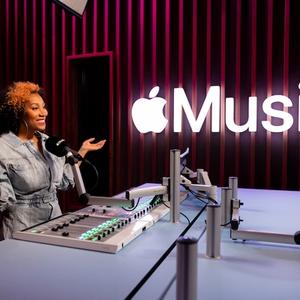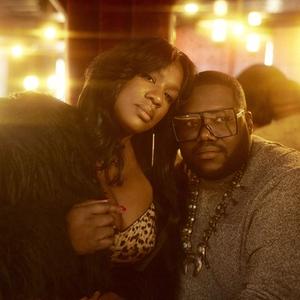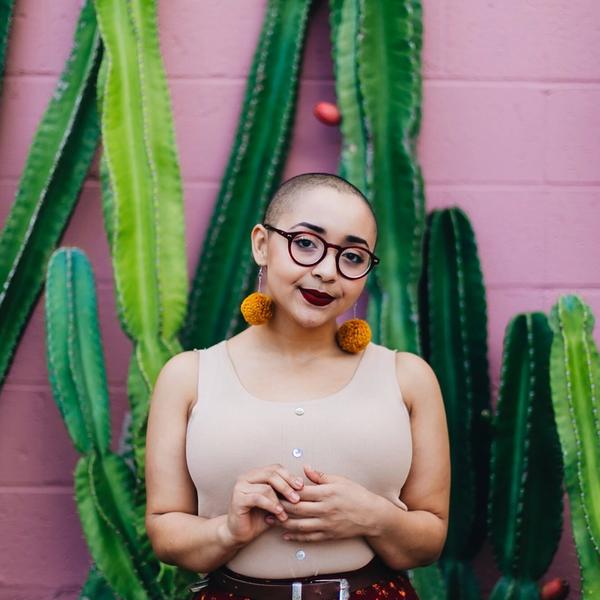




Link copied

Despite any disclaimers to the contrary, country and Americana music continues to overlook Black artists as an essential part of the genre.
Charley Pride made the initial inroads as a best-selling and widely popular country singer, but in the process, he was forced to battle widespread racism and stereotypical discrimination. In recent times, Rhiannon Giddens, the War and Treaty, Amethyst Kiah, Yola, Dom Flemmons, Brittany Howard, Allison Russell, Sharon Jones, Valerie June and Joy Oladokun are among those that have ascended to the top rungs of the Americana pantheon. Yet even so, the proportion of successful black artists overall remains a relatively small fraction within the genre.
The Black Opry seeks to not only address, but change that. The organization, which describes itself as a “home for Black artists, fans and industry professionals working in country, Americana, blues and folk music”, recognizes that country and roots music have been made and loved by Black people since their conception. “For just as long”, they say, “we have been overlooked and disregarded in the genre”.
As part of recent work, the Black Opry have partnered with Philadelphia’s respected NPR station WXPN to produce a five-part series of podcasts titled Artist to Watch: Black Opry Residency, hosted by journalist, DJ and producer John Marshall. Each episode spotlights a Black musician working to find a place within the realms of Americana music, sharing both the stories and struggles that detail their efforts to win acceptance in a genre that has been consistently dominated by white artists. Each of these musicians have something special to offer, their music echoing a special heritage that's in some cases older than America itself.
With the funding and resources that have been made available, the WXPN series is an important initiative for the Black Opry in their mission of helping Black artists create sustainable careers.
Holler recently had an opportunity to speak with three of the principals involved in this ongoing effort — Bruce Warren of WXPN, Holly G, founder of Black Opry, and artist Grace Givertz — to get their insights and perspectives as to why the project is so vital to those involved.
Bruce Warren
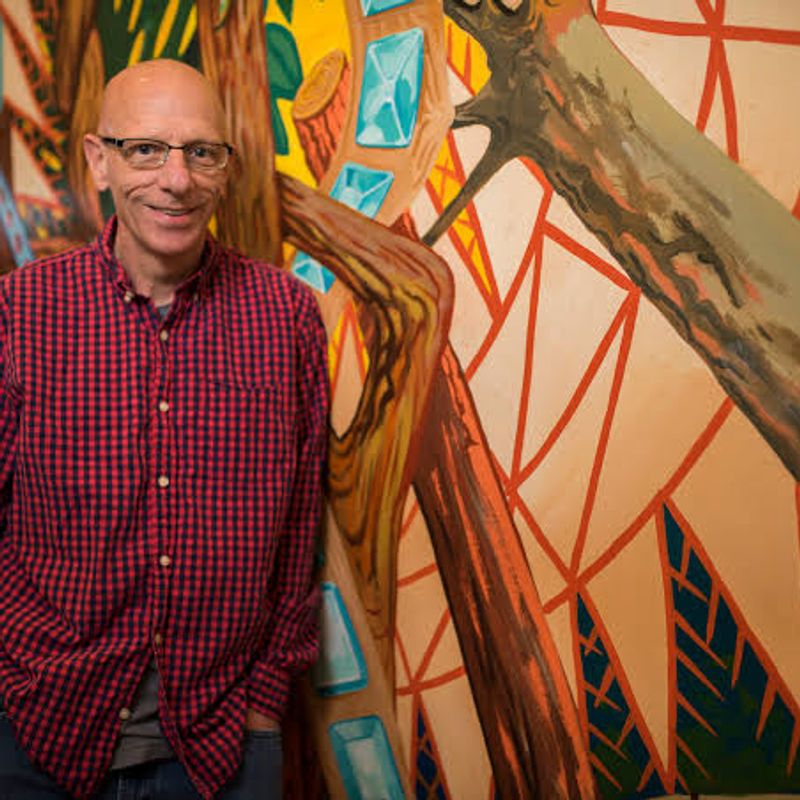
What do you hope will emerge from this initiative?
We’re hoping that the residents can apply what they learn to both the business and the craft side of their careers. They can also build on the connections they made with each other and our mentors to further develop their careers. We’re also hoping that they get some new fans!
How did you go about choosing the participants in the podcast?
The participants were chosen through an application process. We worked with Holly G and the Black Opry to promote the project to the Black Opry community. We had a committee that included the project co-Executive Producer, Roger LaMay (WXPN’s Station Manager), Holly G, Rissi Palmer, Miko Marks and our project manager, Nathan Tempro.
About 100 musicians applied, and we got the pool down to 10 semi-finalists, did 30 minute “speed zooms” with all of them, and then had to make the very tough decisions on the final five. They are all so talented. So, we had the five residents, and we also invited several of the ones who weren’t chosen to take part in the mentoring portion of the project.
How do you think Black artists have found a fit in the overall realms of Americana? Do you think they've been well represented?
Historically, Black artists (and artists of color) have been underrepresented in Americana, and have, for many reasons, not gotten equal access to resources. That was one of the major reasons we decided to do the residency. We wanted to bring resources and light and support to the artists’ careers.
Holly G
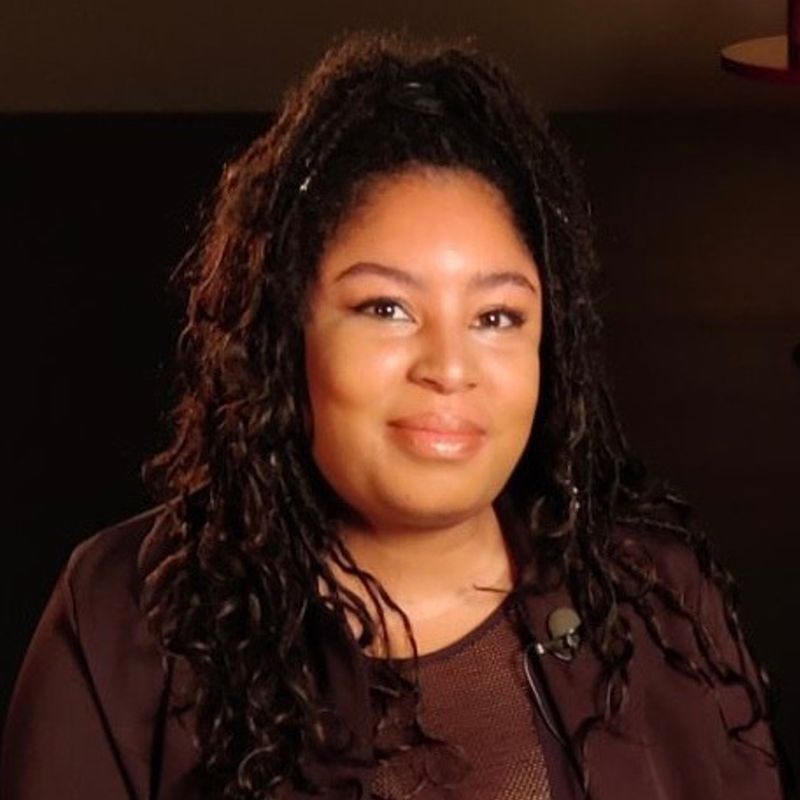
When did Black Opry initiate its efforts and come into being? What was the purpose behind Black Opry - how did you see the need?
I launched The Black Opry as a blog in April of ‘21. It's been about a year and a half, but it didn't really stay as a blog for very long. About three months into the project, I met up with the other organizers and that's what sparked it to work. It shifted very quickly into touring and live events and panels. Building community has been the core focus of all of it. I was able to see the need because I was a fan myself and never saw myself represented. I wanted to change that.
How did you connect with WXPN? How has the association with the station worked out so far and how satisfied are you with the results?
We were playing a show in Philly and World Cafe reached out to ask if we would come record a session. While we were there, Bruce was in the studio and heard what we were doing. He walked out at the end and let me know he really wanted us to work together on as much as we could, and our relationship has grown from there. It's been a really great partnership. Bruce is great at not just listening, but taking action and putting the resources he has to good use.
What do you hope will emerge from this initiative?
I hope that the artists involved will find the project to be a stepping-stone to the next level of their career, and I hope that others in the industry will see their success and be inspired to share their resources so that we can do it again in the future. There are so many more deserving artists than just the five that we chose.
What message are you intent on delivering to the artists? What life lessons have you (or the mentors) shared?
It was important for me that the artists know that they don't need to know everything, that they just have to be good at figuring out who to ask. It was also important that they gained confidence in asking those questions and building relationships with the people that have the answers.
How do you think Black artists have found a fit in the overall realms of Americana? Do you think they've been well represented?
I think the systematic issues facing both Americana and country music go beyond representation and if the conversation stops there, we will never see any real push towards equity. At this point it's well understood that representation matters, but I would like to see us begin thinking about what it looks like to have Black people in the rooms where the decisions are being made.
Grace Givertz
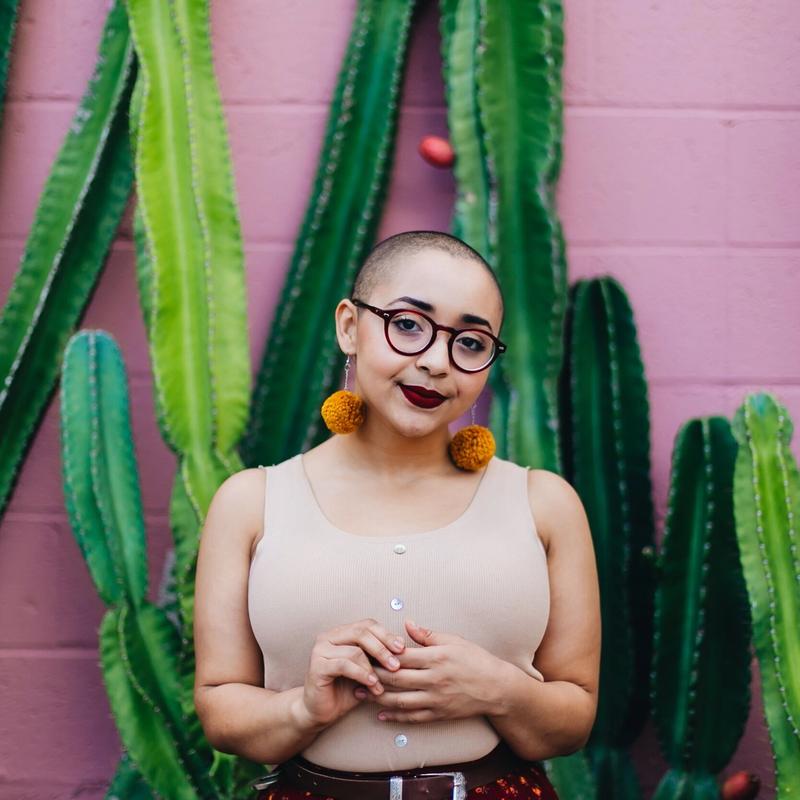
How did you get involved in this initiative?
I stumbled across Holly G's Twitter account after my friend Jake Blount retweeted something from her. I don't remember what it was, but I do remember it making me laugh, so I clicked onto her profile. She had Black Opry linked in her bio, so I followed it to the Black Opry website. It took about 15 seconds for me to realize this was a home I needed to live in. I messaged Holly on Twitter and the rest is history.
As an artist involved in the project, what benefits have you found so far?
It sounds cliche, but the biggest benefit I've seen from being a part of Black Opry is the community. As a Black folk musician in Massachusetts, and in general, I have often felt like I am the odd one out. Most of the rooms I was playing to previously were white. Before this collective, it was very difficult for me to be in a room of my peers as the only Black disabled woman there. Ever since Black Opry came into my life, I have stood taller and prouder in those rooms because I know what I am standing for. It inspires me knowing there are so many others standing in those rooms, as well making space for Black musicians and musicians of color.
What messages did the mentors deliver? What life lessons have you learned?
I started recording my second record at the end of 2022. I went into the residency with the idea of only being able to release the record with the support of a label.
After several meetings with legends like Rissi Palmer, Amos Lee and Dyana Williams, I am more excited than ever to release my record into the world in whatever form it's supported.
I was given the confidence that my music deserves to be heard, and because of that, it will be — regardless of where the path of representation takes me.
One of the biggest challenges for me as an independent artist is touring. I have a full-time job, eight pets and I’m disabled. I usually just use being a Taurus as an excuse for being a homebody, but there are so many factors that make life more livable for me with structure.
I've always felt a bit inadequate when it comes to touring, given I do not have the ability to do it as much as I thought I needed to. Amos spoke to us so candidly about touring and the toll it takes on so many musicians, able-bodied or not.
He encouraged us to build our careers in a way that makes us feel safe and most productive. Hearing that from someone who has had so much success in their career really changed my life. Obviously I'm so excited to go on tour some day, but it was reassuring that it doesn't need to be the only thing I do to share my music.
How do you think Black artists have found a fit in the overall realms of Americana? Do you think they've been well represented?
If you asked me this question five years ago, the answers would've been very short. "We haven't" and "no". I am so pleasantly surprised that I can confidently say now that I see hope and change in the future of diversity and inclusivity in Americana music.
The road has been bumpy, and we haven't gotten as far as we need to, but there has definitely been movement in the right direction. Black Opry is a massive reason for that. We aren't afraid to stand up for what's right and educate others on how they can create a more inclusive community of music.
There is still a huge opportunity for Black voices to be amplified in these genres because of their value as musicians — not because of the color of their skin.
If you are providing an opportunity for a Black musician, it's important to make them feel valued as artists and not just a checkmark on a diversity card. This is easily achievable by booking Black artists not only on Black Opry shows, but on bills with other established artists regardless of race. Brandi Carlile and Jason Isbell do a phenomenal job of this, if you ever need a reference!
---
Listen to the first five episodes of Artist to Watch: Black Opry Residency now on XPN / Apple / Spotify / Stitcher.
- 1: Breaking Expectations: Tylar Bryant’s Story
- 2: From Wanderlust to Songcatcher
- 3: Unstoppable: How Grace Givertz Embraced Authenticity in Music
- 4: Shattering Stereotypes: The Road to Becoming The Kentucky Gentlemen
- 5: “Finding Her Way Home: Denitia’s Divine Compass”

